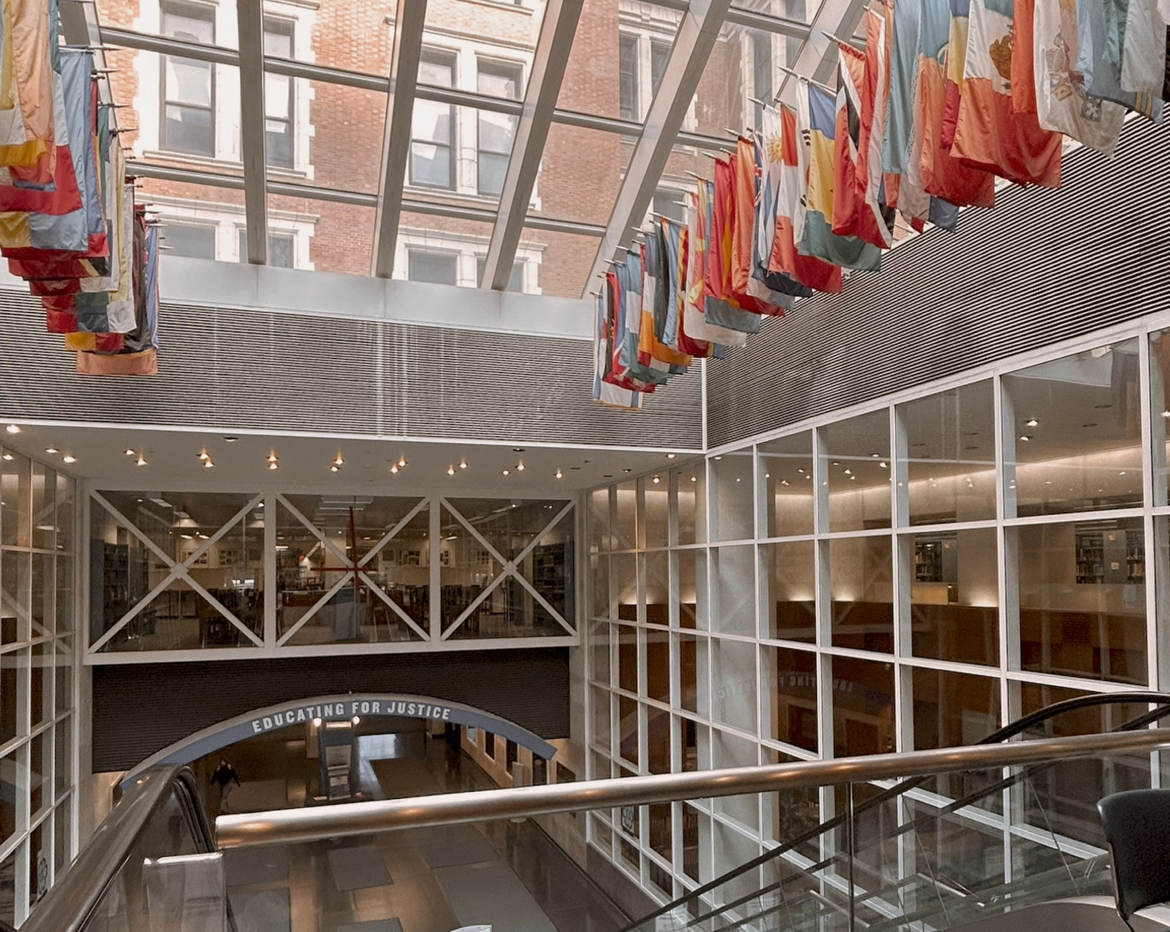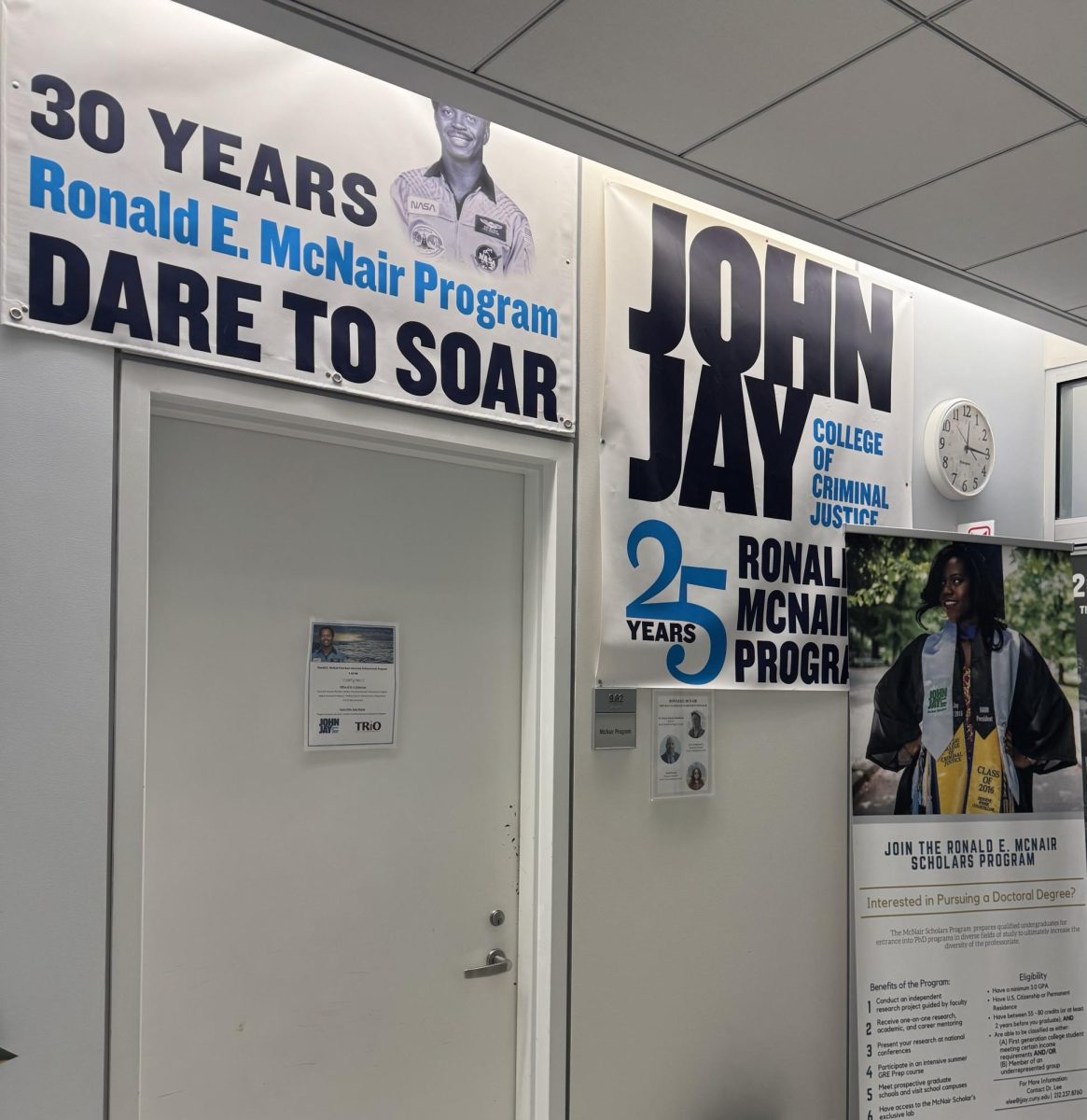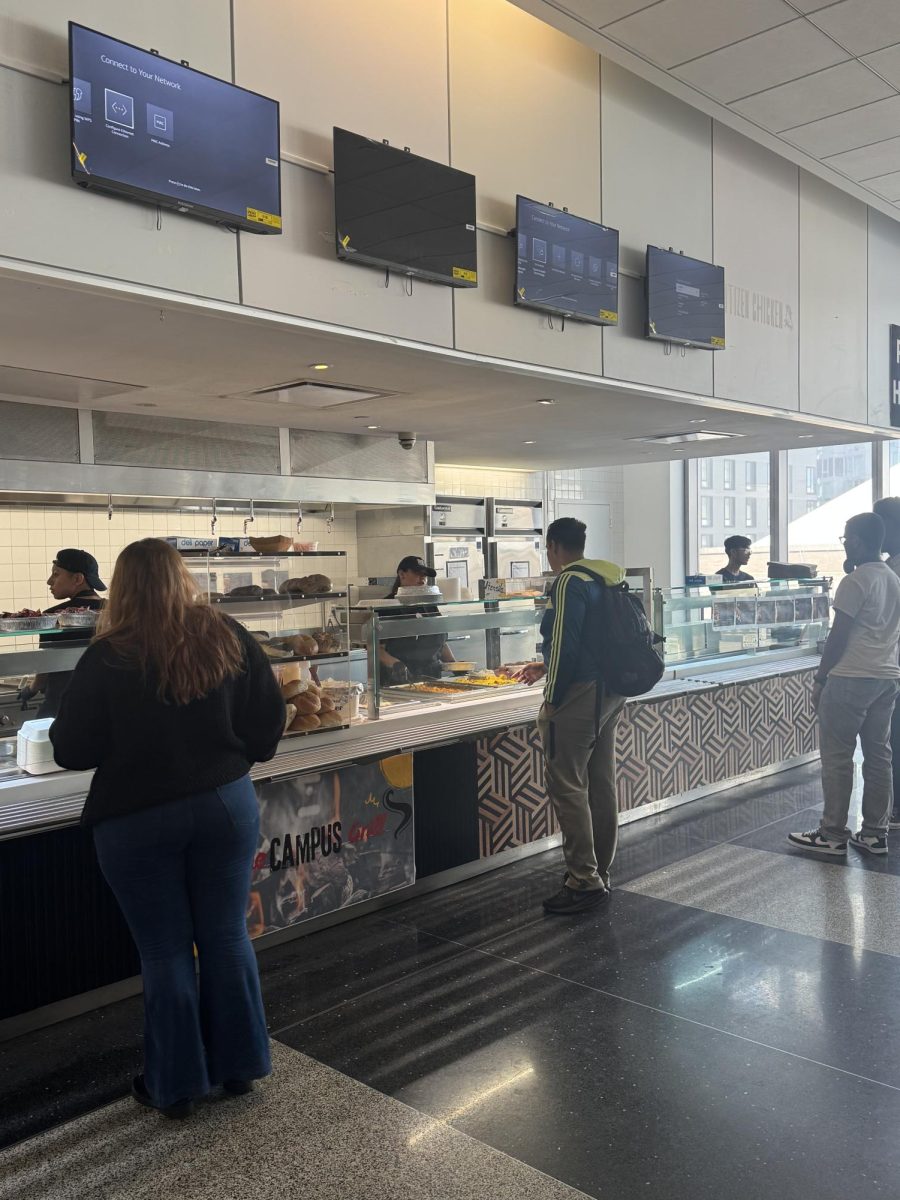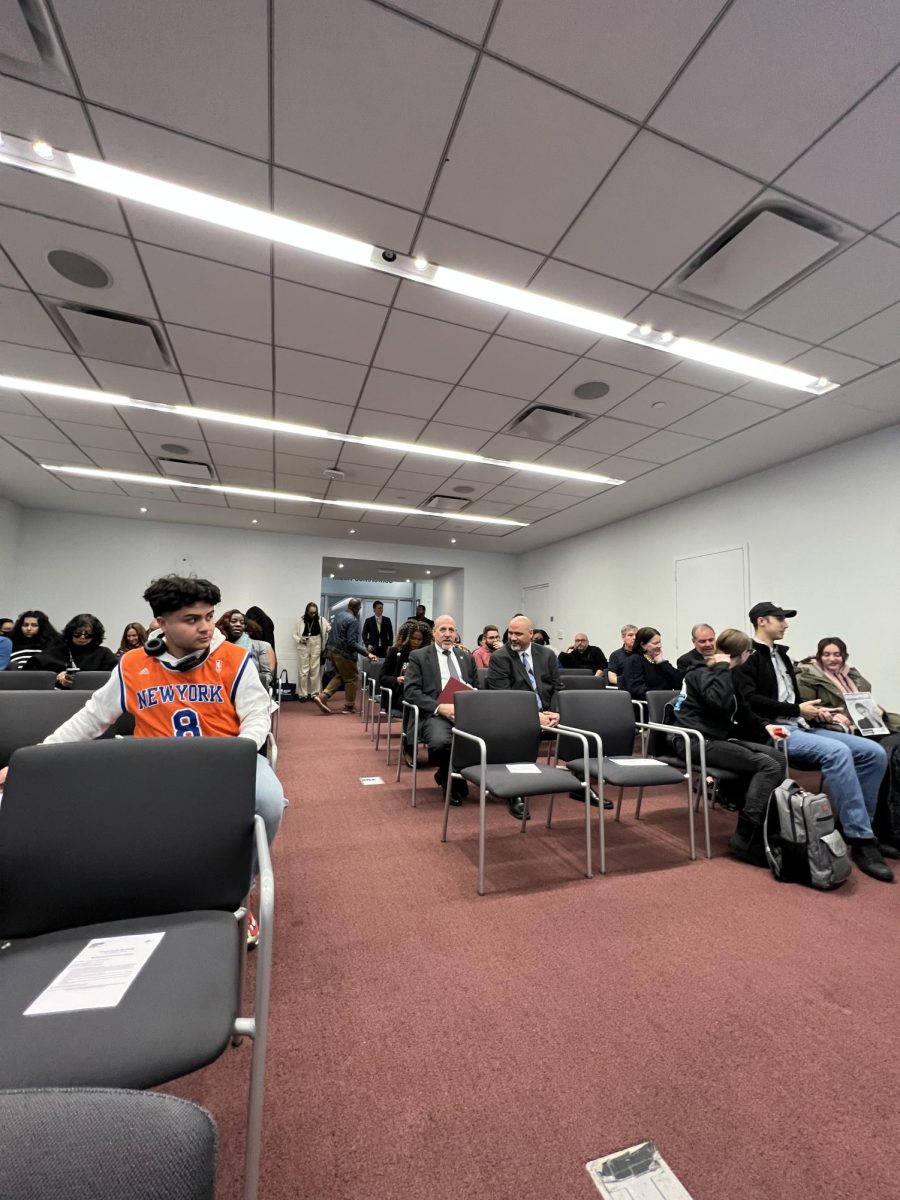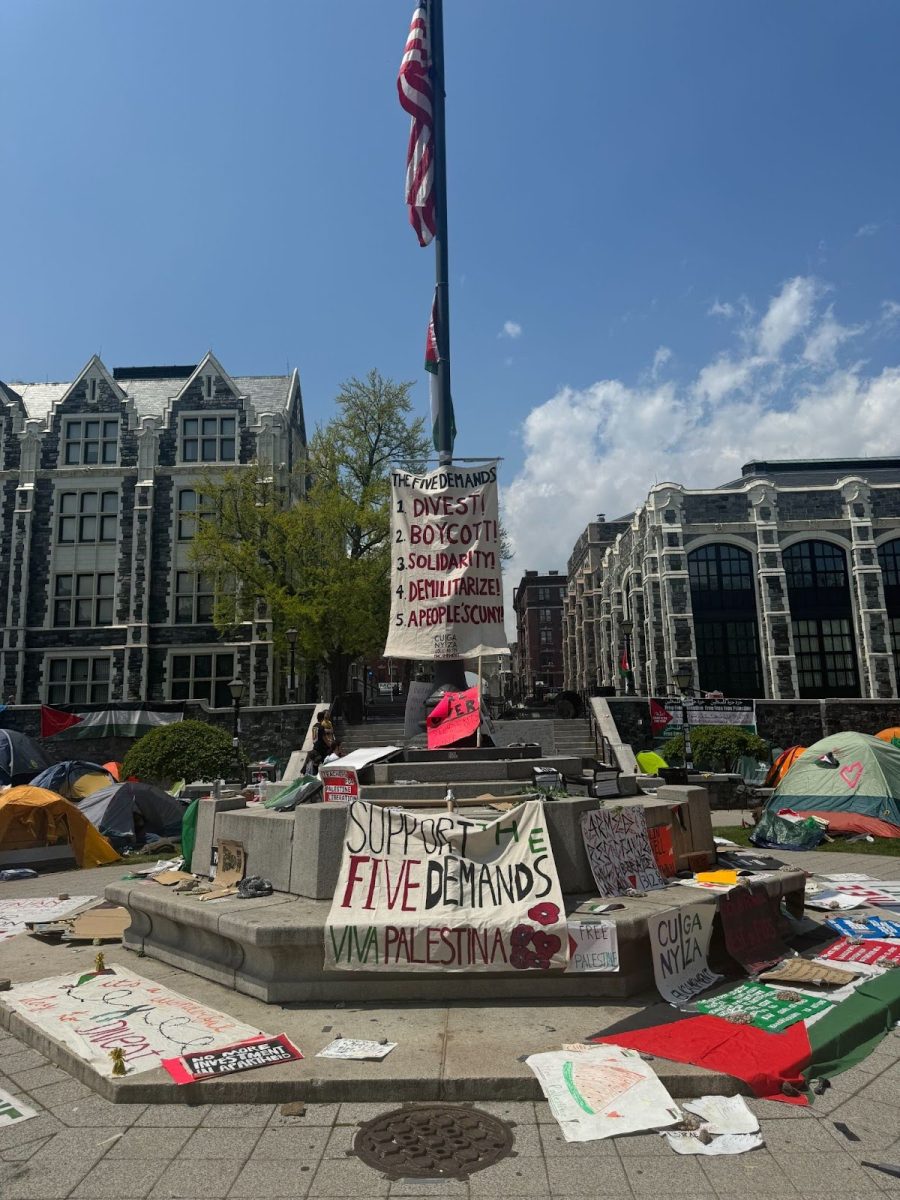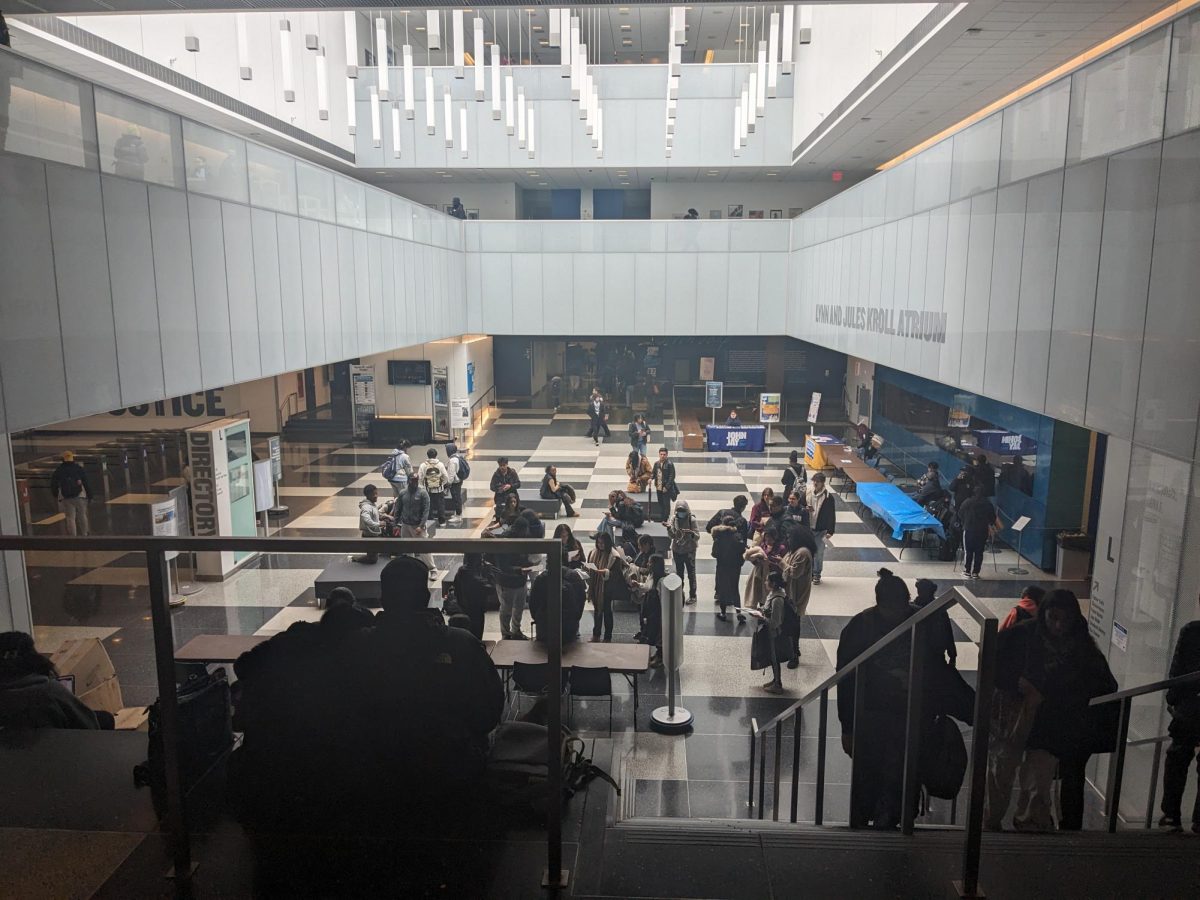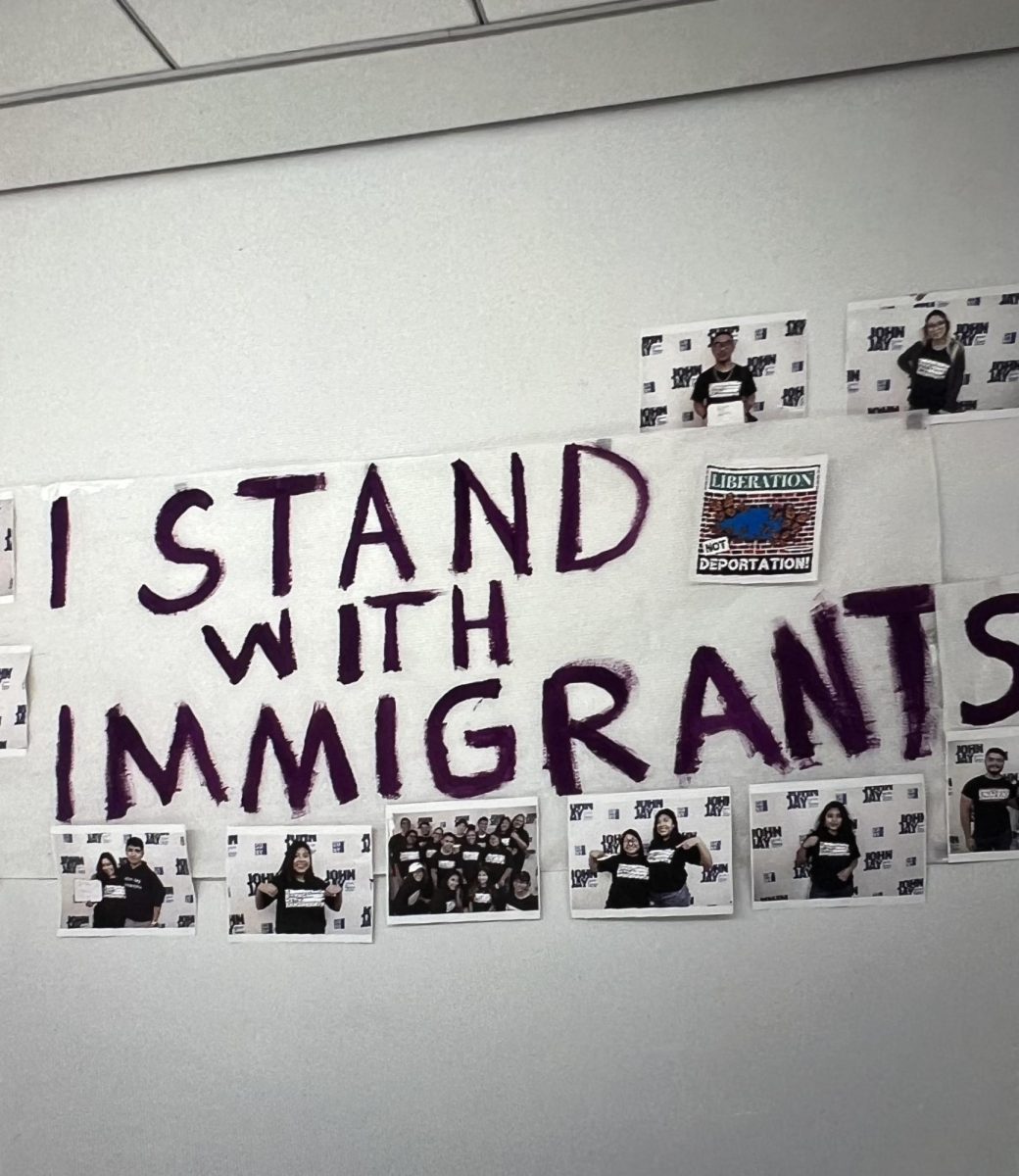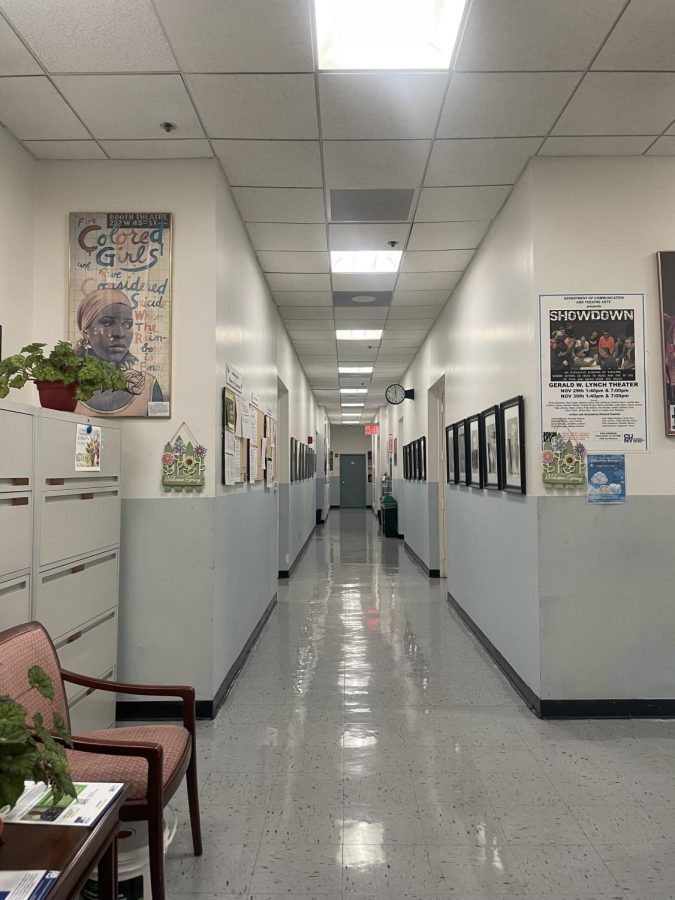“Education is not a privilege, it’s a right!” says William J. Clinton.
After a three-month delay from its original release date, the new and purportedly better FAFSA (Free Application for Federal Student Aid) was set to open on December 31, 2023.
If you are applying for college financial help, you must complete this form. When you complete the FAFSA, you may gain access to federal loans, grants, and work-study opportunities.
While students benefit from grants, those who have siblings at college may lose some financial help.
Jessica Franco, a Hunter College student, who will be affected by the loss of sibling discount, shares her concerns about the new FAFSA form.
“I’m stunned to know that FAFSA funds are being distributed among siblings. My sister and I will be in college together for at least two years, and this change would have a significant impact on both mine and my parents’ finances, requiring us to minimize certain costs or seek loans, which we are frightened of,” said Franco.
The decreases are due to the loss of what is known as the sibling discount. The projected family contribution is lowered according to the number of that student’s siblings enrolled in college, but the new computation excludes siblings.
If a household had two members in college and an estimated family contribution of $5,000, the sum was divided between the two college-bound people. The new formula would require a payment for each family member in college, raising the financial burden on families with more than one person in college.
Furthermore, it may influence their eligibility for some financial assistance programs, according to Sarah Wood, a tax lawyer in Queens County.
“The new FASFA form ultimately triggers an alarm within students. Saving for college requires a considerably longer-term financial commitment, and some families are not well equipped to deal with their finances, especially in 2024.”
Many students are concerned about the impacts it can do for them and future incoming students.
Erick Alvarez, a sophomore in John Jay College of Criminal Justice, depends on financial aid, like many students, to continue pursuing a degree.
“The current FAFSA situation has me worried, because many of us are first generation students are still confused with the numerous changes done to the financial aid system. The current economic state of our country faces large amounts of debt, and the possibility of less money being available for students in the future is intimidating, because not all of us have the available resources as inflation continues to rise,” Erick Alvarez said.
As inflation rises the cost of everyday life in America, so does the cost for higher education. Briana Morales, a student at John Jay College of Criminal Justice has reassured that higher education is indeed getting too expensive.
“I believe that higher education is financially inaccessible for a lot of people in America. Millions of people are in so much debt and that’s a big problem in this country. FAFSA is always hard to complete, and now with the new renovations, it will bring more confusion,” Morales expressed.
With the concern of students, parents who must submit their documentation, also feel anxious about the approach to fill in the new form. Johan Gil, father of a current college student explains how ridiculous the new form is in his opinion.
“Does the government expect the average American Resident to know how to properly fill in forms like FAFSA? Absolutely not. After seeing the new Fafsa questions for my daughter, it felt like they were asking for too much information, it’s almost like dealing with a 2-factor authentication but worse. One of my friends can fill the FAFSA because of their documentation status, leaving his daughter with outstanding balances,” said Gil.
The world is changing, and so is the education system in America. Money shouldn’t be one of the many aspects to be taken into account while thinking about a higher education. Education is a gift, not a privilege.


